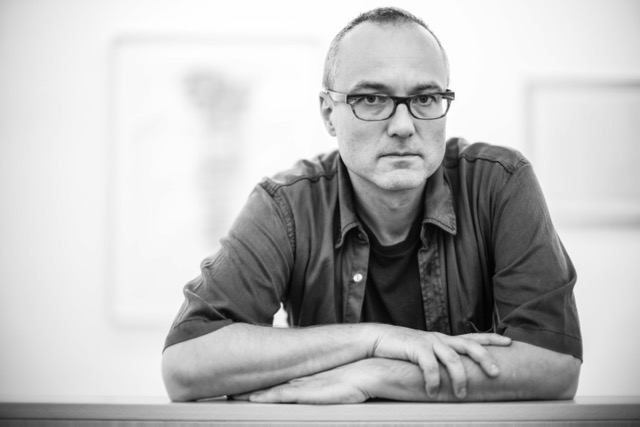20.30 €
35.50 € – 164.30 €

Clemens Gadenstätter, born 1966 in Zell am See (Austria), studied composition with Erich Urbanner and Helmut Lachenmann. He is a composer who goes to the substance of music like hardly any other of his generation. Not the material itself or a “critical examination”, as one so often reads, is the core of his interest, but a philosophy of listening, understanding and feeling, based on semantic analysis and an in-depth study of perceptual phenomena. A philosophy that has two sides, on the one hand one that describes the sound and its perception, as well as its structuring, on the other hand the sounding piece itself. In his essays Gadenstätter designs models of our own sensory apparatus, which inspire and can be applied also apart from his pieces. In the course of his research he felt his way further and further and refined his approaches, but the two sides are never separated. The pieces are not simply the application of what was previously formulated textually, they are part of his thinking and reflect it artistically. They make his philosophy audibly comprehensible and experienceable. The starting point is often the simplest material, sounding or not sounding, from banal everyday noises to sensations or semantic complexes. Categorized and analyzed, this material experiences the most diverse forms of transformation and musicalization and is then brought into new contexts. As we listen to this process, new meanings and new perspectives emerge on what seems so familiar. On the way to understanding, listening becomes a conscious process that involves semantic grasping as well as the sensual and physical.
In Semantical Investigations he explores banal everyday sounds and their universe of meaning. The series of works E.P.O.S.: les premiers cris, les cris des lumieres, les derniers cris for different ensembles deals with the transformation of acoustically triggered, preformed sensations. Likewise SAD SONGS deals with human sensations. In ICONOSONICS, Gadenstätter compositionally analyzes iconographic contexts. However, work on meaning and perception also runs through countless other works in the composer’s broad oeuvre, as does his critical view of our increasingly isolating society. Currently, an increased dialogue with other media is also evident, as in les cris des lumières for ensemble and light or daily transformations for voices, instruments, electronics, video, space and light.
The essays mentioned (HÖREN VERSTEHEN KOMPONIEREN and Was heißt hier banal?) as well as a detailed biography and list of works by the composer have been published and can also be read on the composer’s website.
Andreas Karl (translated by Andreas Luca Beraldo)
Website: www.gadenstaetter.info
SoundCloud: https://soundcloud.com/user-476284033
YouTube: https://www.youtube.com/@clemensgadenstatter7447
Facebook: https://www.facebook.com/Clemens.Gadenstaetter